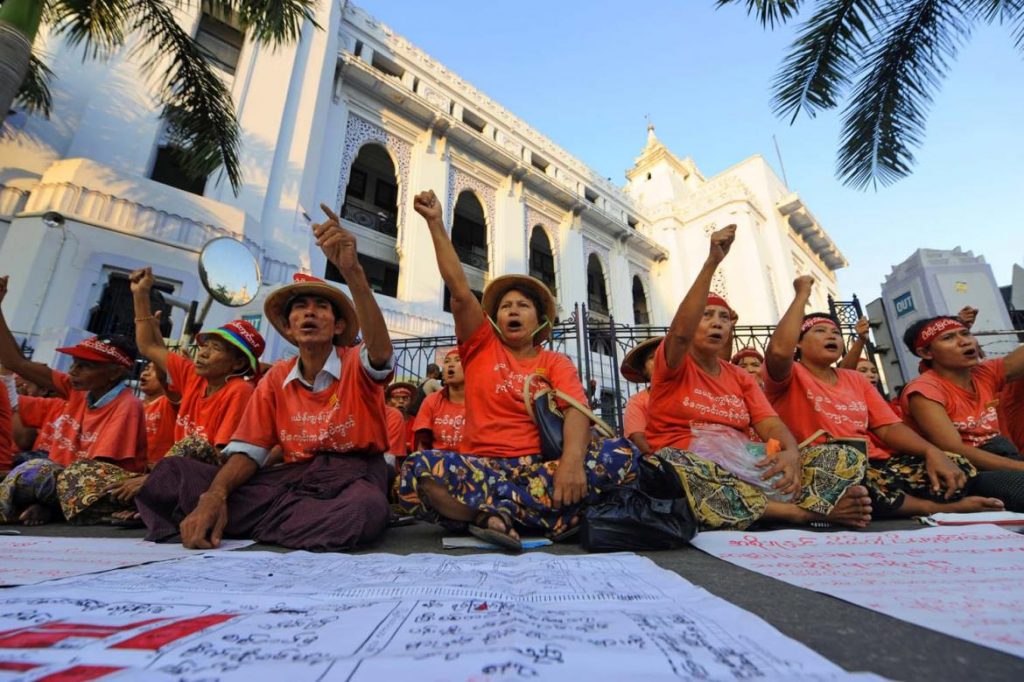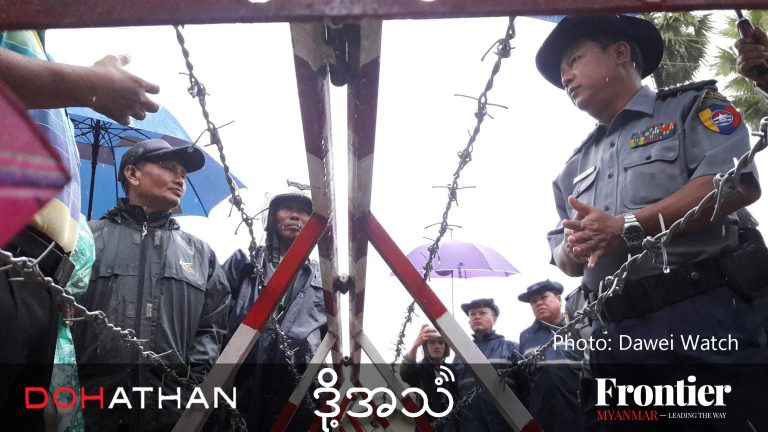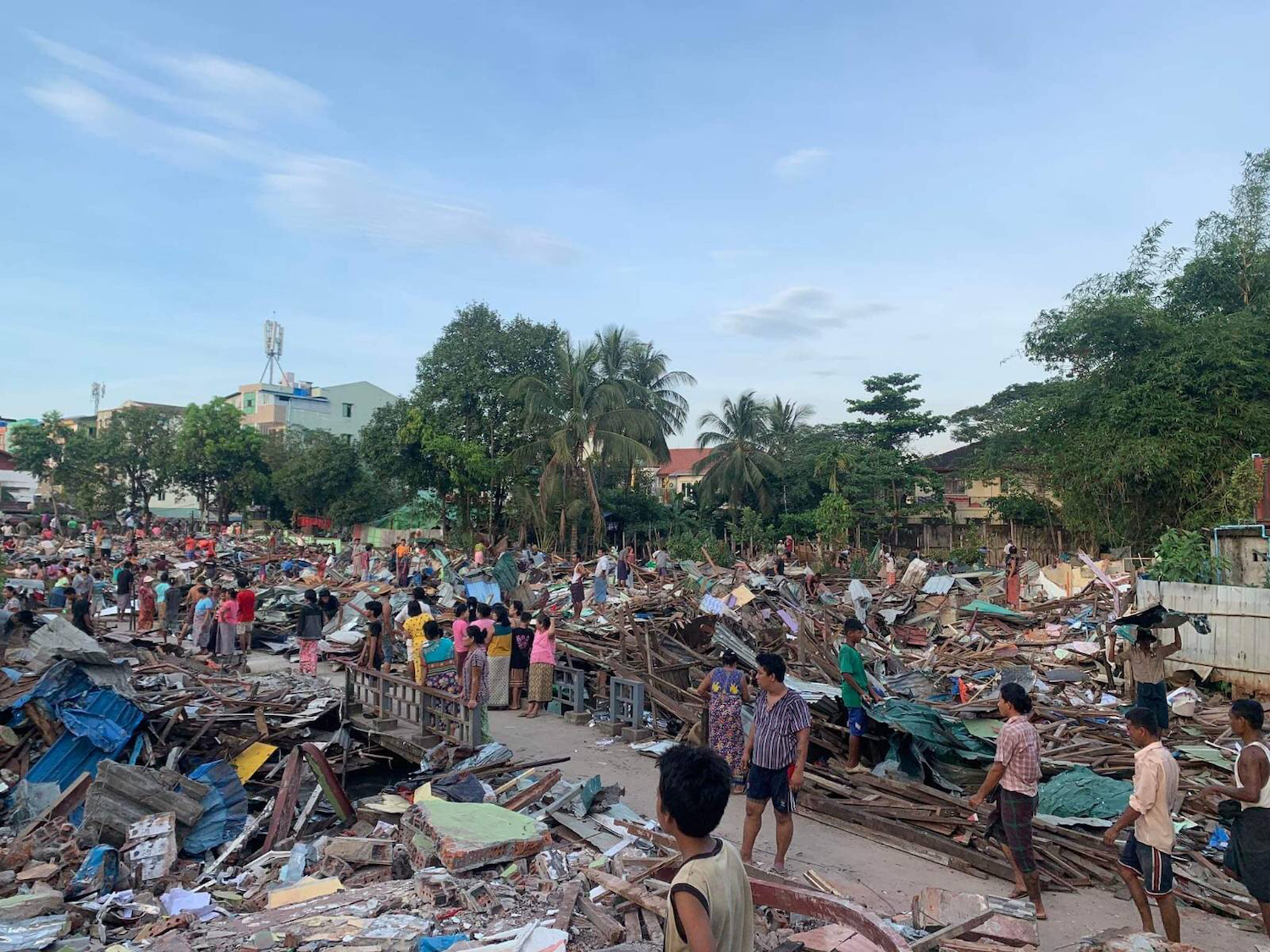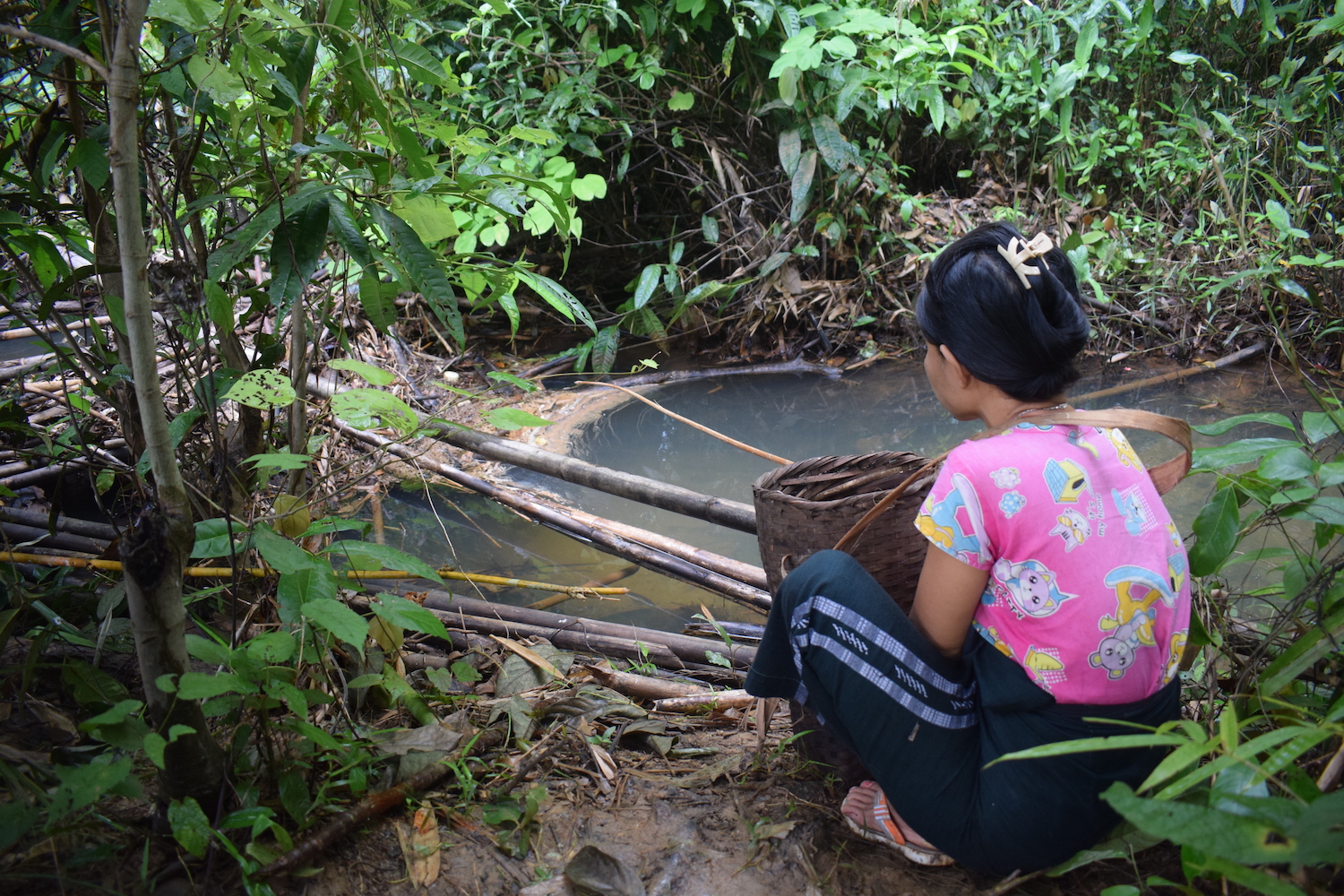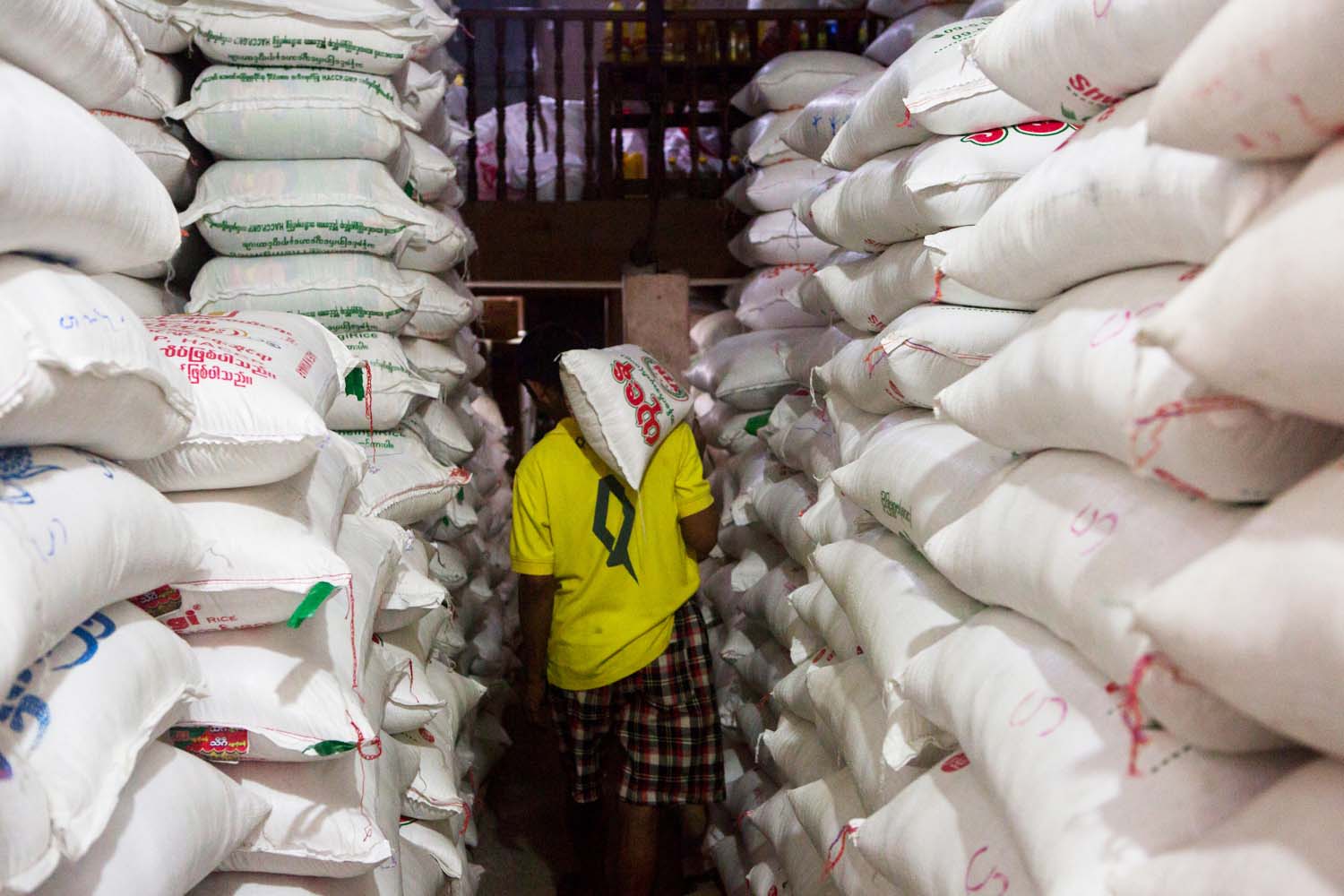Grassroots groups want comprehensive land reform, including changes to legislation that they say gives tycoons and the military an unfair advantage.
By HEIN KO SOE | FRONTIER
MORE THAN 600 farmers, activists and lawyers called for comprehensive land law reform at a conference held in the hills near Pyin Oo Lwin in Mandalay Region early in September to discuss the impact of land use laws on grassroots communities.
The conference came as the Union Parliament is considering amendments to three core land laws. At the gathering at Anisakhan, on September 5 and 6, participants discussed the potential for revised land management policies to support the peace process, the customary land use practices of ethnic minority groups, land seizures and conflict over land, and improving the lot of poor farmers.
It was the latest of a series of conferences held with the support of civil society and community groups active on land issues, including Action Group for Farmers’ Affairs, Real Image, Metta Foundation and the Myanmar Alliance for Transparency and Accountability.
Conference participants urged a review of the proposed legislative amendments, which they say would benefit business interests and the military to the detriment of smallholder farmers. In addition, they said the government and parliament needed to rewrite these laws so as to recognise the customary land rights and land management practices retained by ethnic minority groups.
Support more independent journalism like this. Sign up to be a Frontier member.
The National Land Use Policy, adopted in January 2016, foresaw the harmonisation of the tangled legal framework around land use into one National Land Law, which would include recognition of “customary land tenure systems”.
However, current proposed amendments to the 2012 Farmland Act, the 2012 Vacant, Fallow and Virgin Law Management Act, and the 1894 Land Acquisition Act are being considered separately by Parliament, which no merger foreseen.
“Current land laws are not working for farmers or protecting ethnic land rights,” said Ko Sithu, a leader of the Doe Myae Network and one of the organisers of the conference.
He said a contradiction had arisen between efforts by the Union Government to return disputed land to farmers and changes to investment rules aimed at promoting development in more isolated or impoverished states and regions, including the introduction of tax incentives for investors.
“Disputes have occurred because regional governments permitted companies to develop land that had supposedly been returned to farmers,” Sithu said.
A conference report recommending a complete overhaul of land use laws will be sent to the government and the Union Parliament, he said.
“I don’t know how to draft legislation but we know what we want, which is secure land tenure,” said Sai Kyaw Khine, who farms five acres in Mong Hsu Township, Shan State.
“I came to the conference because I wanted to have my say,” he told Frontier.
On September 10, the Pyidaungsu Hluttaw passed amendments to the Vacant, Fallow and Virgin Land Management law, which President U Win Myint has since signed into law.
A member of the Pyidaungsu Hluttaw joint bill committee, U Nay Myo Tun, a National League for Democracy MP for Htantabin in the Pyithu Hluttaw, said the committee had invited civil society groups and experts to give their views.
Amendments include a reduction of the cap on individual land concessions from 5,000 to 4,000 acres. However, the deadline for commencing projects has been extended from six months to four years, allowing investors to sit on promising concessions till conditions improve.
A new clause was added that exempts “land that is defined in accordance with cultural and traditional systems of local ethnic nationalities” from concessions granted under the law. This is the first time customary tenure has feautured in Myanmar law, albeit in a limited way.
Nay Myo Tun claimed that proposed amendments to Myanmar’s other two major land use laws, the Farmland Act and the Land Acquisition Act, to be debated in the next session of Parliament starting later this year, would benefit landless farmers and the original owners of seized land.
He said the existing Farmland Law has been ineffective in stopping regional authorities from making arbitrary decisions that lead to more land disputes.
He noted inconsistencies in the return of seized land to farmers, with portions of land withheld for private business or government projects, driving continued conflict between government, the military and citizens.
Nay Myo Tun said that, under the Farmland Law, Forms 7 granting tilling rights have been allotted for 70 percent of all designated farmland in Myanmar – but this had not stopped disputes.
“We need greater accountability for this process and that requires further amendments,” he said.
However, individual land rights activist Ko Myo Thant, who attended the conference, said that, rather than amending existing legislation, Myanmar needed to establish a single land use authority, as exists in other member countries of the Association of Southeast Asian Nations.
“We cannot resolve land disputes in this country solely with amendments to existing land laws,” he said, adding that a unified National Land Law that recognized customary ethnic land rights and practices was key to resolving the peace process between the Myanmar military and ethnic armed groups.


